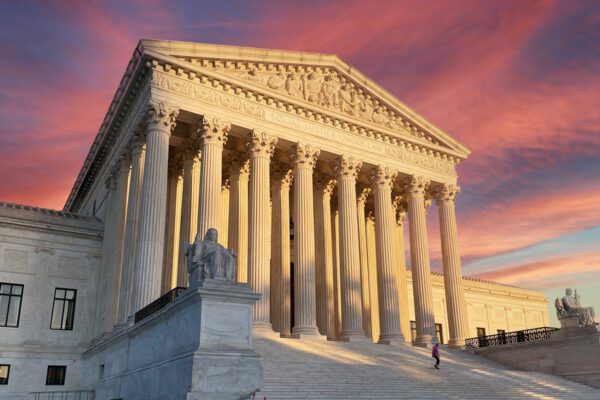By: Joe Henderson, CPCU, ARM, CIC
While we’re still presently in the heat of COVID-19, it’s likely a good time to begin thinking of how, as an organization, you’re going to respond to the aftermath of the pandemic. Even though the timeframe is still up in the air, having a formal plan in place for how you’re going to respond to the oncoming challenges will give you a significant advantage in managing the negative impact the pandemic has on your organization in the future.
One of the key items to keep in mind when crafting your “go-forward” plan is your reputation, which in these turbulent times is under more scrutiny than normal. Reputational risk is always heightened in times of struggle. Therefore, it’s critical, more than ever, to have a defined plan for how you’re going to manage your reputation.
On the bright side, companies who take advantage of managing their reputational risk during this time have a tremendous opportunity to come out with an enhanced reputation and will be able to leverage this as a key asset going forward. Some of the benefits of improved reputation during these times are:
- Attracting and retaining top talent that may have been potentially laid off from other struggling organizations
- Bringing on new clients / increased sales
- Increased trust in the community
There is a simple framework that you can apply to your unique business situation to analyze the potential reputational impact and brainstorm ways to manage the risk. And together, we are going to go through that process, step-by-step.
Step 1: Identify the affected stakeholders – You cannot manage reputational risk without understanding who the affected stakeholders are, first. Stakeholders can be defined as anybody who is directly or indirectly affected by the actions of your organization. Broadly stated, the combined perceptions of all stakeholders will equal your reputation.
Step 2: Analyze how stakeholders have been affected so far – Different stakeholders will be affected in different ways. Split up stakeholders into groups and analyze how your organization has impacted them throughout the pandemic. Look at the different groupings and prioritize the emphasis needed for each grouping.
Step 3: Reduce the negative impact on the affected stakeholders – Depending on the impact of COVID-19 to-date, it may be too late to eliminate the possibility of your organization having any negative effects on your stakeholders. From this day forward, what specific things can you do to reduce the remaining negative effects your organization has undergone? The specifics can vary for each group of stakeholders that you broke out in Step 2.
Step 4: Strategize your post-COVID-19 response, maximizing the upside of the situation with stakeholders – Shining your organization in a positive light usually requires actions that are above and beyond the norm (i.e., emphasizing job security, hiring while others are laying off/furloughing, donations to pandemic responses, and supporting struggling customers, etc.). Unfortunately, doing what everybody else is doing to respond to COVID-19 isn’t likely going to boost your reputation. Think of ways that your organization is uniquely positioned to improve the lives of your stakeholders, making things easier, or simply making a difference. Taking it a step further, find ways to publicize the efforts you’re making so that your positive impact does not go unnoticed.
The nature of this framework is not designed to be complicated. Instead, it’s designed to simply break out some strategic steps, into a plan, that you can apply to your organization in this pandemic. It should also get you thinking about both the positive and negative aspects of reputational risk so that you can attempt to enhance your organization’s reputation going forward.
If you haven’t already, please visit our COVID-19 Employer Resource Center for continuous updates from key Government Agencies, Local Governments, Medical / Ancillary Carrier Updates, and Industry Associations. Prepare your business for the future, and call one of our Horton team representatives to help you navigate through a plan for your reputational risk.
Material posted on this website is for informational purposes only and does not constitute a legal opinion or medical advice. Contact your legal representative or medical professional for information specific to your legal or medical needs.



